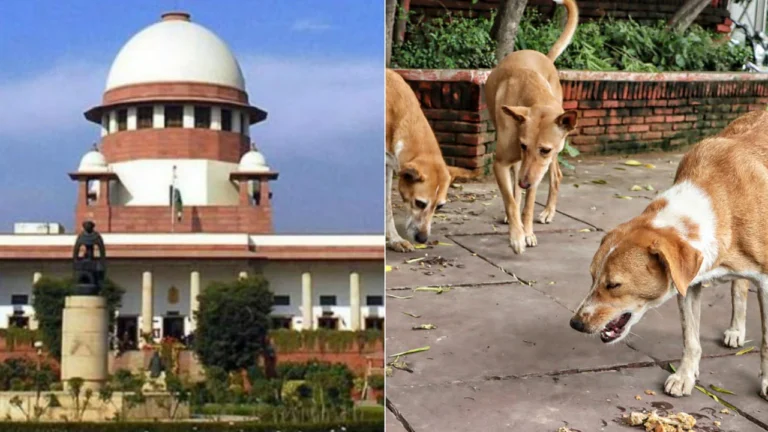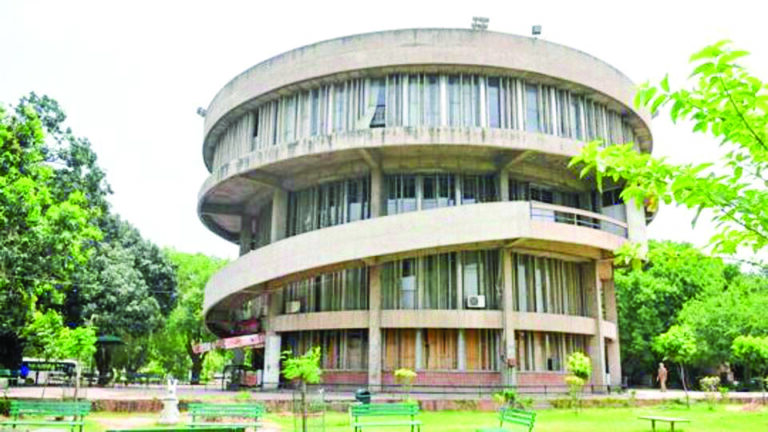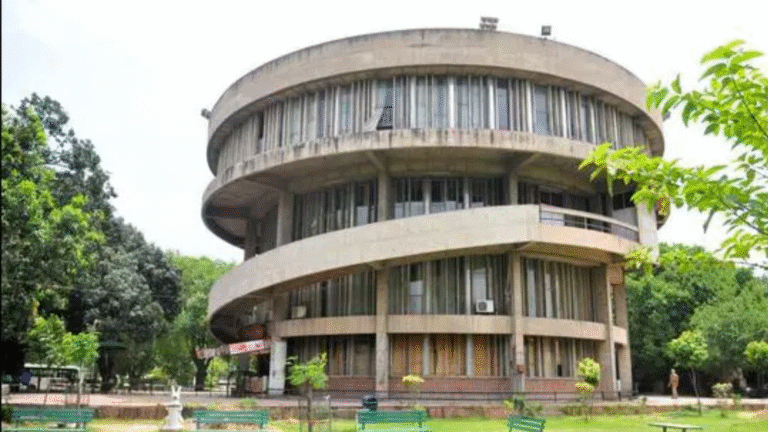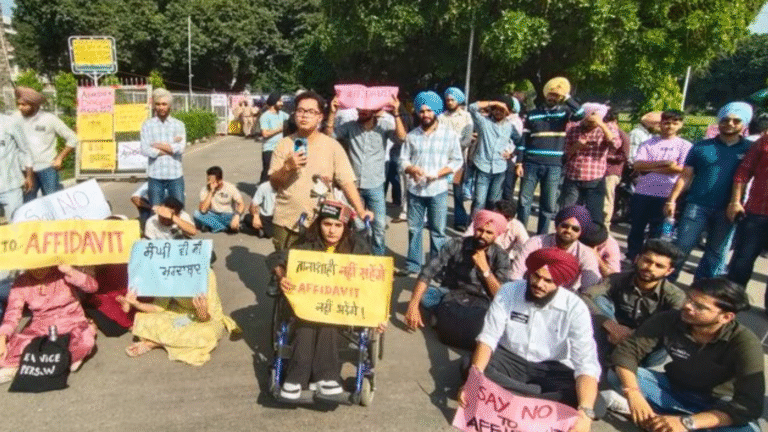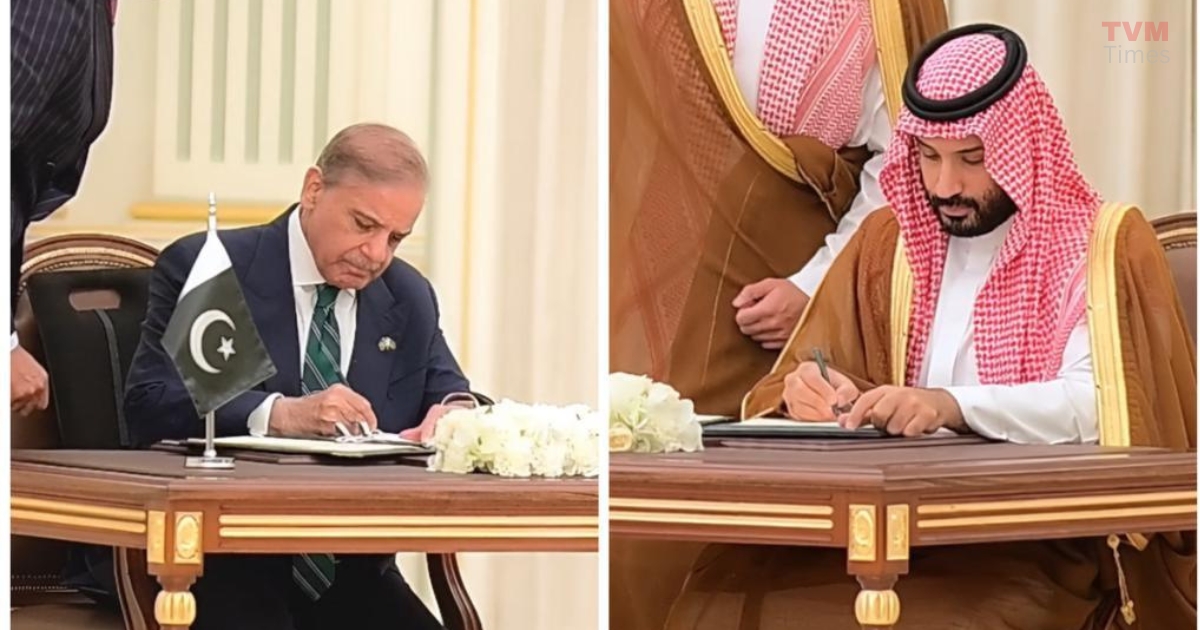
Saudi-Pakistan Defense Agreement Signed, After the April 22 terror attack in Pahalgam, which claimed innocent lives, India launched a decisive counter-offensive under Operation Sindoor. The swift and effective retaliation not only neutralized key terror modules but also sent a strong warning to Pakistan and its proxy networks. The impact of India’s action left Islamabad politically, militarily, and diplomatically cornered.
Unable to withstand the mounting pressure, Pakistan has turned to international allies for security assurances. This week, Prime Minister Shehbaz Sharif visited Riyadh, where he held crucial talks with Saudi Crown Prince Mohammed bin Salman. The meeting culminated in the signing of a landmark Strategic Mutual Saudi-Pakistan Defense Agreement Signed on Wednesday.
Under this pact, any attack on either Pakistan or Saudi Arabia will be considered an attack on both, effectively binding them in a mutual security framework. The joint statement emphasized that the agreement strengthens their decades-old partnership and expands cooperation in defense production, intelligence sharing, counter-terrorism, and joint military exercises.
Pakistan hailed the agreement as a major diplomatic breakthrough, but analysts warn that it could complicate India’s security environment. By securing Saudi backing, Pakistan is attempting to shield itself from India’s growing dominance in counter-terrorism operations.
Saudi-Pakistan Defense Agreement Impact on India’s Operation Sindoor
India’s Operation Sindoor—a proactive counter-terror strategy launched after the Pahalgam attack—has been a source of immense pressure on Pakistan. The operation demonstrated India’s readiness to strike swiftly at terror infrastructure, even if it meant exposing Pakistan’s complicity on the global stage.
With the Saudi defense pact in place, several implications emerge for India’s strategy:
- Diplomatic Shield for Pakistan: Pakistan may now attempt to portray any future Indian action under Operation Sindoor as an “act of aggression” not just against Pakistan, but against Saudi Arabia as well. This could be used to lobby international forums and dilute India’s justification for counter-strikes.
- Geopolitical Complications: Saudi Arabia’s growing influence in South Asia means that India may need to navigate a more complex diplomatic environment before executing future phases of Operation Sindoor.
- Pressure on Regional Stability: The pact might embolden Pakistan’s military establishment, giving them a sense of security that could result in more proxy activities or cross-border aggression.
- India’s Counterbalance: Despite these developments, India has strong global partnerships—particularly with the United States, France, Russia, and Gulf states like the UAE—which act as counterweights. New Delhi’s history of resilient foreign policy indicates that it will continue to protect its sovereignty and fight terrorism, regardless of new alliances.
India’s Official Response
Reacting to the agreement, India’s Ministry of External Affairs (MEA) issued a carefully worded statement:
“India is closely monitoring the implications of this agreement, both in terms of our national security and its impact on regional and global stability. The Government of India is fully committed to safeguarding national interests and ensuring peace in the region.”
Conclusion
Pakistan’s desperation and Saudi Arabia’s strategic maneuvering have undoubtedly created a fresh challenge for India. However, Operation Sindoor represents more than just a counter-terror campaign—it is a demonstration of India’s determination to safeguard its sovereignty. While the Saudi-Pakistan defense pact may complicate the diplomatic landscape, India’s proven resilience and strong global ties ensure that its fight against terrorism will continue with the same force and clarity.










